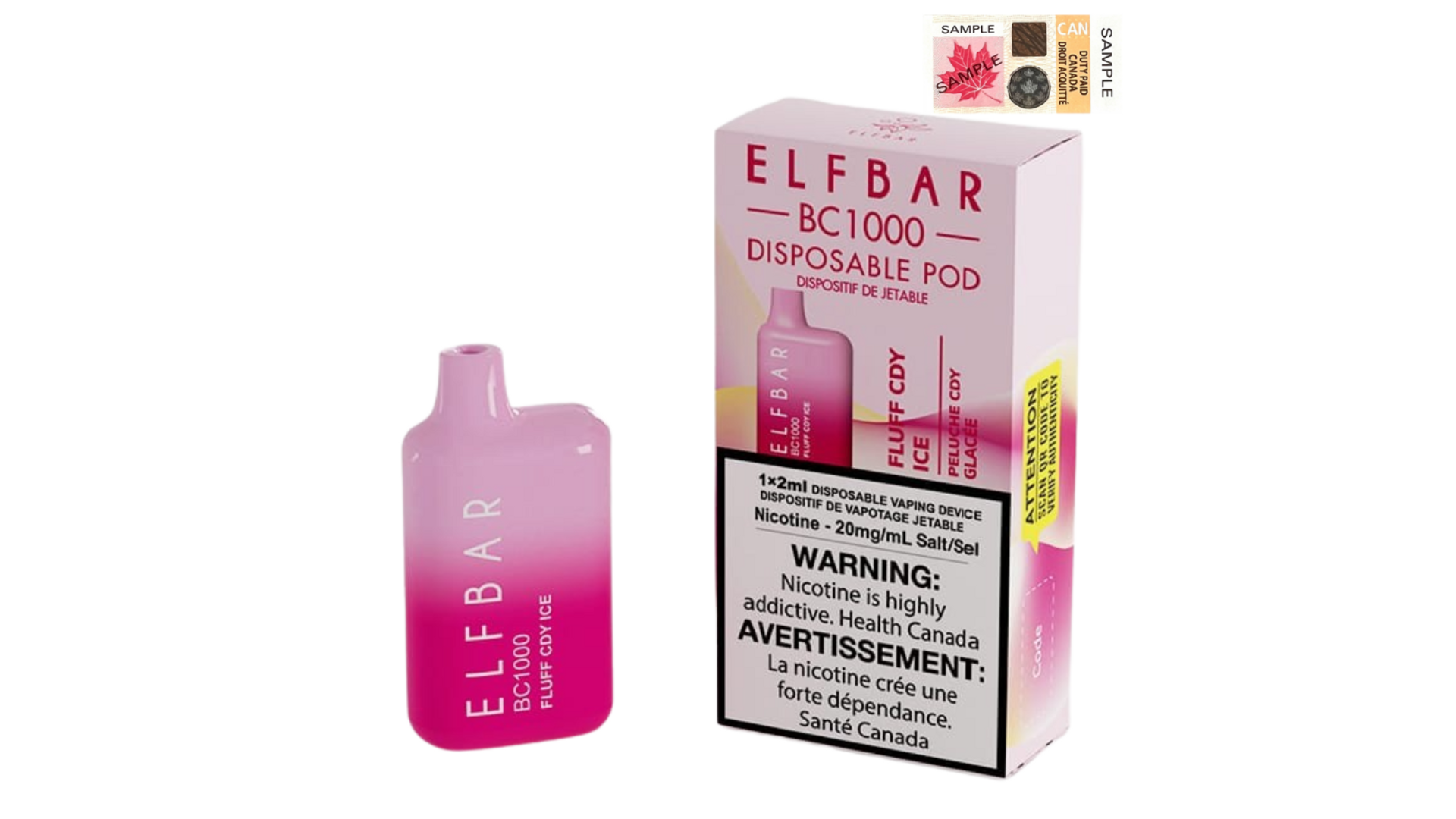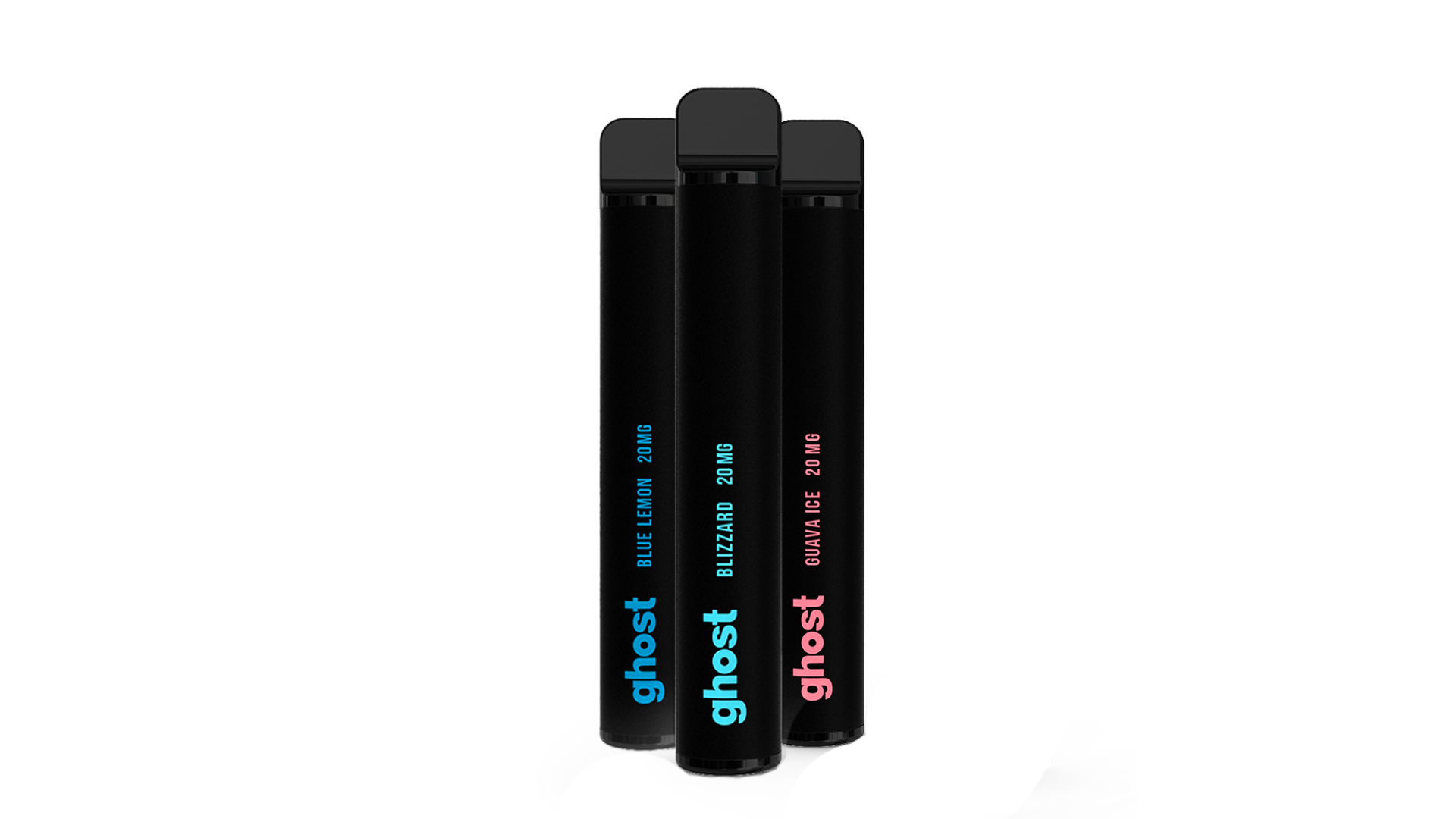The Imperfect Solution To Saving Lives
 A billion people are projected to die this century from smoking and there could be a solution but it's not a perfect one.
A billion people are projected to die this century from smoking and there could be a solution but it's not a perfect one.While a new documentary looks into the life-saving potential of e-cigarettes, the New Zealand Government has announced its plans to fund further research on vaping technology and its role in helping Kiwis quit smoking.
E-cigarettes or vaporisers are electrical devices that mimic real cigarettes by producing vapour by heating an "e-liquid" solution, which the user inhales, or "vapes". E-liquid is available with or without nicotine and usually contains propylene glycol and flavouring agents.
While the doco doesn't tout e-cigarettes as a magic wand or a perfect solution, director Aaron Biebert says its a step in the right direction.
It's also a step some big players with vested interests don't want smokers to take, according to Biebert and scientists like former World Health Organisation (WHO) executive director Derek Yach.
According to Biebert, "a perfect storm is brewing".
"One of the most contentious health debates of all time is raging among health charities funded by pharmaceutical companies, government regulators, and smokers looking to quit smoking."
The same day the documentary premiered the Government's Health Research Council (HRC) announced its plan to spend almost $150,000 on funding research on e-cigarettes.
At the moment e-cigarettes containing nicotine cannot legally be sold in New Zealand, but you can import up to three months' supply for personal use.
Those that do not contain nicotine can be bought legally.
At this stage the Ministry of Health says there is not enough evidence for it to recommend e-cigarettes as an aid to quit smoking.
The Ministry of Health says there is not enough evidence for it to recommend e-cigarettes as an aid to quit smoking. It currently encourages people to stick to patches, lozenges and gum.
"While there is some evidence that the short-term use of e-cigarettes is less harmful than cigarette smoking, we do not know anything of the impacts of long-term use," the ministry says.
The World Health Organisation also says there is insufficient evidence to support e-cigarettes.
A new publicly funded New Zealand study hopes to gather more data on e-cigarettes. Data is needed to figure out whether they will help NZ achieve its smokefree goal.
And contradictory outcomes from international research adds to the confusion, with some saying they are less toxic than traditional cigarettes while others say the vapour may damage DNA or even kill human cells.
NEW ZEALAND RESEARCH
So will this new publicly funded trial, led by University of Otago marketing professor Janet Hoek, provide the evidence needed for the ministry to make up its mind on vaping?
Hoek says while there is general agreement that e-cigarettes are safer than combustible tobacco, smokers will only achieve substantial risk reductions if they switch completely from smoking to using e-cigarettes.
Hoek says the current understanding of the transition between smoking and e-cigarette use is poor due to a lack of data.
The 12-month trial will use a novel "smart" e-cigarette to collect information including puff duration, nicotine intake, and the frequency and intensity of use.
HRC Chief Executive Professor Kath McPherson says e-cigarettes are "a topic of hot debate" both in New Zealand and around the world.
"Research such as this will help us build up the evidence that we need to determine if e-cigarettes actually do help people quit smoking.
"The outcomes should be of great interest to the many other countries that are currently debating e-cigarette policy guidelines," she says.
Marewa Glover, an Associate Professor at Massey University's School of Public Health, has just completed an on-line survey of e-cigarette users, or vapers.
While data was still being analysed, she said it was clear from responses that most vapers were using e-cigarettes as a way of reducing how much they smoke, or to quit altogether.
US director Aaron Biebert says he found "profound government failure, widespread corruption in the public health community, and powerful subversion by big business" when he set out to look into vaping technology.
Even those scientists and academics who are against e-cigarettes on public health grounds, because they worry the sight of vapers helped "normalise" smoking, agree e-cigarettes are less harmful to health than burning tobacco products, she says.
SMOKEFREE 2025
The findings from the HRC-funded study are intended to inform a larger study that will include testing the potential of e-cigarettes to help achieve New Zealand's smokefree 2025 goal.
The Government's "smokefree" goal is to reduce smoking prevalence and tobacco availability to minimal levels by 2025, not a commitment to the banning of smoking altogether.
The vision is for a country where smoking rates are lower than 5 per cent but even the ministry admits it is off track to hit its target within the next 10 years.
SMOKING BY THE NUMBERS
* Globally, 1 billion people smoke.
* 6 million people die from tobacco each year.
* More than 5m of those deaths are the result of direct tobacco use, while more than 600,000 are the result of non-smokers being exposed to second-hand smoke.
* Nearly 80 pert cent of the world's smokers live in low and middle-income countries, where the burden of tobacco-related illness and death is heaviest.
* Only 24 countries have comprehensive cessation services with full or partial cost-coverage.
* In the 2013 Census 14 per cent of New Zealand's total adult population - or 463,194 people - said they smoked.
* About 5000 Kiwis die each year from diseased caused by smoking tobacco.
Full article here: http://www.stuff.co.nz/national/health/79894709/E-cigarettes-could-be-the-imperfect-solution-to-saving-lives















